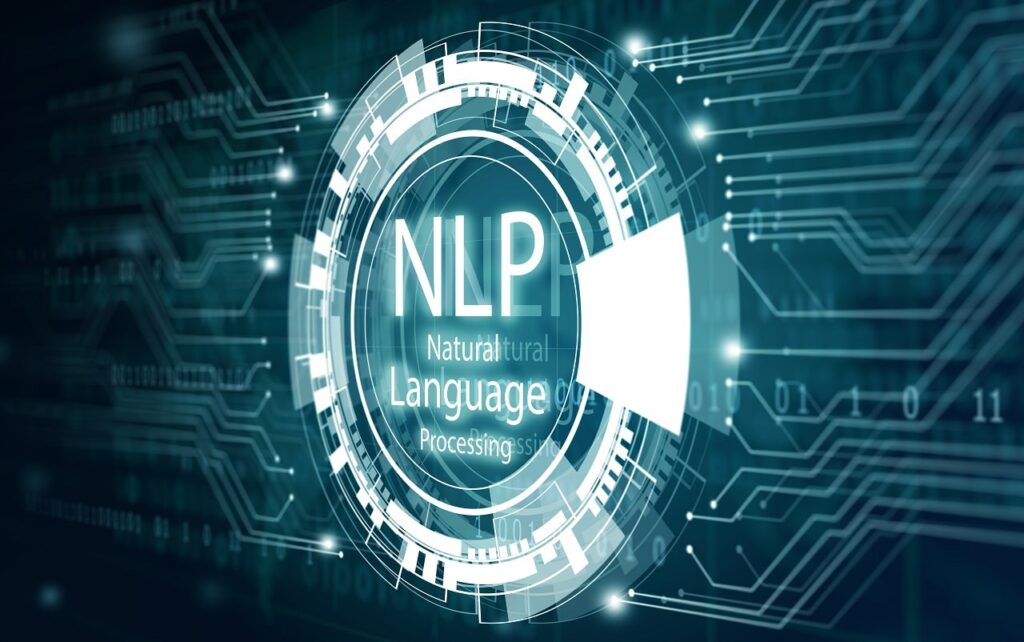Ever chatted with Siri or Alexa? You may have received a recommendation from Amazon based on your browsing habits. All these are prime examples of Natural Language Processing at work. But beyond personal assistants and online shopping, how does NLP in Business influence the business world?
Introduction to NLP
Natural Language Processing (NLP) is a subfield of AI that enables human-computer interaction using natural language. The primary goal? To allow computers to understand, interpret, and respond to human language in a manner that’s both meaningful and valuable.

-
History of NLP
Its origins can be traced back to the 1950s when the first efforts to automate translation began. Fast forward to today, with deep learning and neural networks, NLP has exploded in capability, offering businesses unprecedented opportunities.
Benefits of NLP in Business
So, why should businesses even care?
-
Improved Customer Experience
With chatbots powered by NLP, businesses can offer 24/7 customer support. These bots understand queries, provide instant answers, and even escalate complex issues to humans. Think of them as your round-the-clock customer service representatives!
-
Enhanced Decision Making
By analyzing customer reviews, feedback, and sentiments, businesses can gain invaluable insights. NLP in business helps decode this data, making it easier for companies to make informed decisions.
-
Efficient Data Analysis
Imagine sifting through terabytes of unstructured data manually. Is it nearly impossible? But with NLP, companies can quickly analyze this data, uncovering patterns and insights that might otherwise remain hidden.
Implementation Strategies
Ready to jump on the NLP bandwagon? Here’s how!
-
Gathering Relevant Data
Before diving in, businesses must first collect relevant data. This could be customer reviews, emails, chat logs, and more. The richer the data, the better the results.
Choosing the Right Tools
There are numerous NLP tools available, from open-source solutions like NLTK and SpaCy to commercial ones like IBM Watson. The key? Finding one that fits your business needs.
-
Training and Development
It’s not enough to have the tools; teams need training to use them effectively. Investing in regular training sessions ensures that businesses can leverage NLP to its fullest potential.

Potential Challenges
It’s not all roses, though!
-
Data Privacy Concerns
With the increasing use of NLP, concerns about data privacy have risen. Businesses must ensure that customer data is used ethically and responsibly.
-
Cost and Infrastructure
Implementing NLP solutions requires investment. Not just monetarily but also in terms of infrastructure and training.
Success Stories
Still trying to figure it out? Here are some businesses that benefited from NLP.
-
Example 1
Amazon’s product recommendation system, which analyzes user behaviors and preferences to suggest products, has boosted its sales significantly.
-
Example 2
Starbucks uses NLP to analyze customer feedback from various platforms, allowing them to address concerns and improve their services quickly.
Conclusion
NLP, with its vast potential, offers businesses a competitive edge. By understanding and implementing it effectively, companies can enhance customer experiences, make informed decisions, and operate more efficiently. Are you ready to harness the power of NLP in business?
FAQs for NLP in Business
Why is NLP important in business?
It offers enhanced customer service, data analysis, and informed decision-making opportunities.
Are there any challenges with NLP?
Yes, including data privacy concerns and costs associated with implementation and training.
Can small businesses benefit from NLP?
Absolutely! Even small-scale implementations can offer improved customer interactions and insights.
How can I start implementing NLP in my business?
Start by gathering relevant data, choosing the right tools, and investing in training.
Rate our Article (NLP in Business | Boosting Customer Experience & Efficiency)How much do you like our Article?


